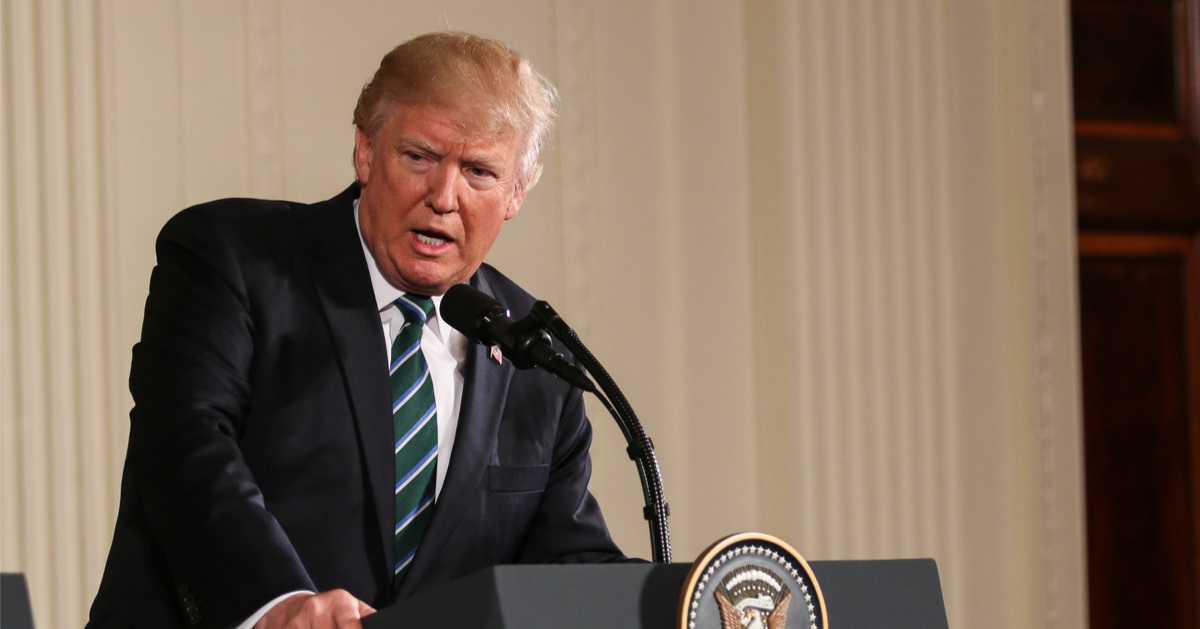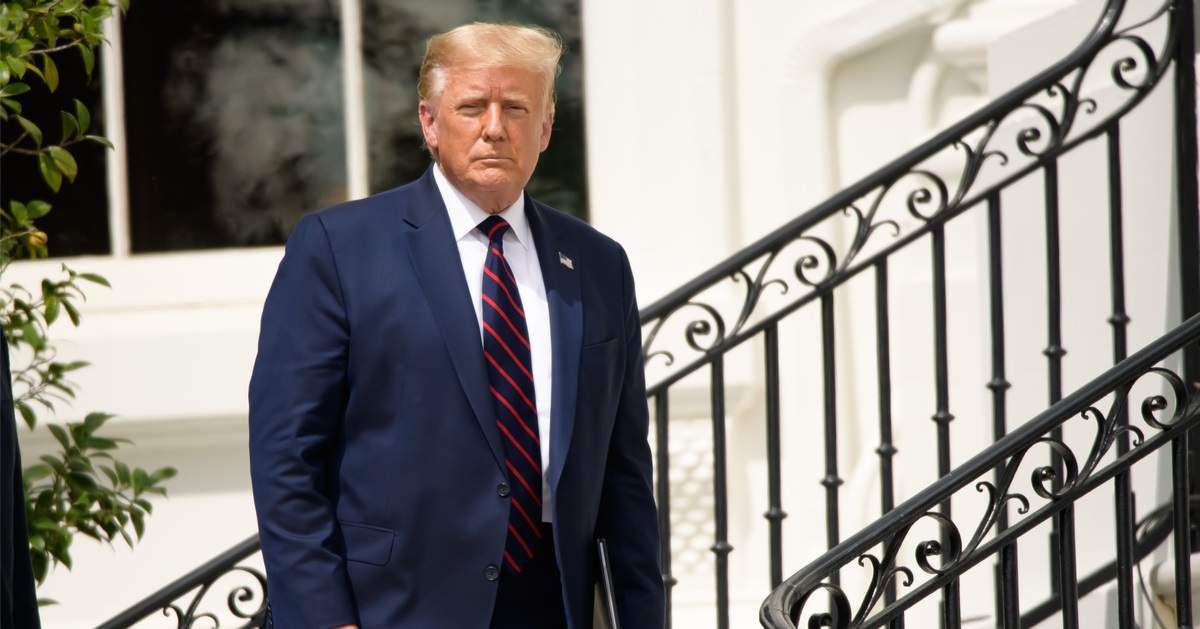Mayorkas acknowledges gaps in Afghan vetting process
Picture this: thousands airlifted to America with little scrutiny, and now a violent crime exposes the cracks—alarming, isn’t it?
This saga centers on former Secretary of State Alejandro Mayorkas's admissions of hasty Afghan evacuations, lax vetting protocols, and a recent attack by a resettled national that has reignited security debates.
Let’s step back to 2021, when the U.S. exit from Afghanistan became a frenzied mess. Under Operation Allies Welcome, overseen by then-Department of Homeland Security Secretary Alejandro Mayorkas, tens of thousands of Afghans landed on U.S. soil. The rush was undeniable, but so was the gamble.
Uncovering flaws in 2021 vetting efforts
By September 2021, concerns about vetting surfaced publicly. At a Senate hearing, then-Secretary of State Antony Blinken told Sen. John Barrasso, “Certainly not, most of them were not,” regarding whether evacuees were screened before boarding. That’s hardly a vote of confidence.
In October 2021, a leaked email from a U.S. diplomat revealed President Joe Biden’s directive to prioritize evacuation volume. The order pushed for filling planes—especially with women and children—and accepting those with plausible ID and stories. “Err on the side of excess” sounds more like a buffet motto than a security plan.
By November 2021, Mayorkas himself confirmed the worst during a Senate Judiciary Committee session. He admitted, “We are not conducting in-person, refugee interviews of 100 percent individuals.” Congress was floored, and rightfully so.
From oversight to real-world fallout
Mayorkas’s revelation wasn’t just a bureaucratic hiccup; it pointed to a risky policy choice. Skipping face-to-face screenings for many Afghans meant potential threats could slip through. It’s a chilling thought for anyone concerned about safety.
Fast forward to a recent Wednesday, when those risks became tragically real. Rahmanullah Lakanwal, a 29-year-old Afghan resettled through Operation Allies Welcome, allegedly shot two National Guardsmen, leaving them critically wounded. Law enforcement noted he shouted “Allahu Akbar” during the act, amplifying public unease.
Lakanwal’s case isn’t an isolated event; it’s a glaring warning sign. How many others bypassed thorough checks under the same rushed system? That question looms large for many Americans.
Weighing compassion against security needs
To be fair, the Biden administration faced a daunting challenge in 2021, evacuating thousands as Afghanistan crumbled. The drive to save lives, particularly vulnerable families, had merit. Yet, noble goals don’t excuse cutting corners on safeguards.
The push to prioritize numbers over scrutiny, as that diplomat’s email showed, reflects a progressive tilt toward open borders over caution. It’s a perennial tension: humanitarian aid versus national protection. Which weighs heavier after a violent tragedy?
Critics on the right see this as more than a misstep—it’s a foreseeable crisis. When Blinken and Mayorkas conceded that most evacuees weren’t fully vetted, they weren’t just admitting a flaw; they were exposing a systemic weakness.
Demanding answers and stronger policies
Today, with two Guardsmen in critical condition, this issue hits hard. It’s no longer just policy talk; it’s a call for accountability.
Many conservatives argue for tougher vetting and a more deliberate resettlement pace. Operation Allies Welcome may have aimed to help, but without rigorous checks, it risks becoming a painful lesson.
The path forward must blend compassion with unyielding security. Let’s hope this incident sparks reform before more lives are upended by past oversights.




